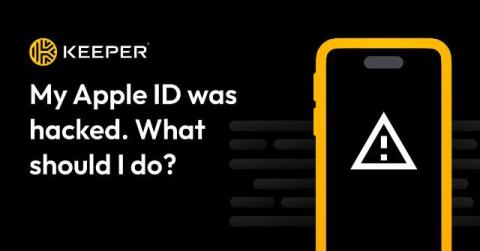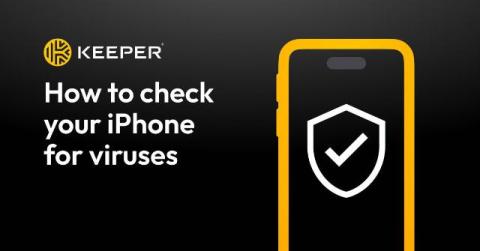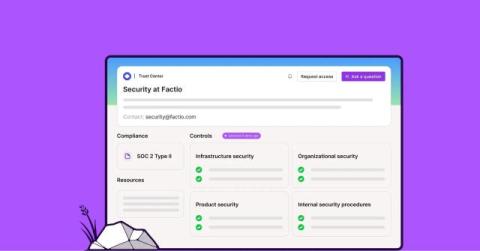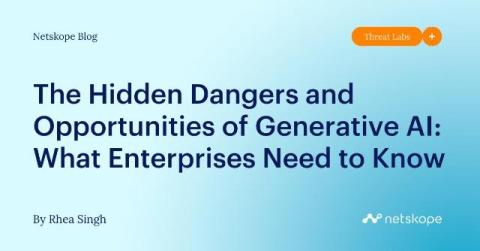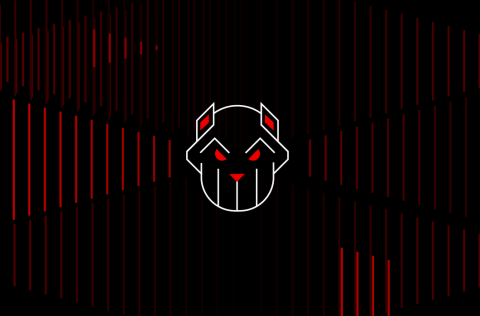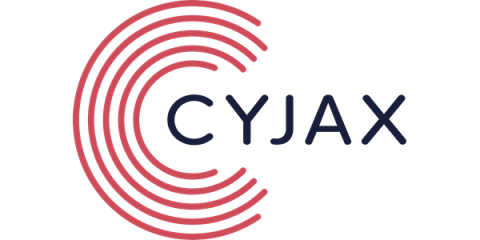My Apple ID Was Hacked. What Should I Do?
If your Apple ID was hacked, some immediate steps you can take include resetting your password and setting up Two-Factor Authentication (2FA). You should also consider placing a fraud alert on your credit report. A fraud alert is helpful because it requires lenders and creditors to go through additional steps to ensure your identity in case whoever hacked your Apple ID was planning on opening credit in your name.


